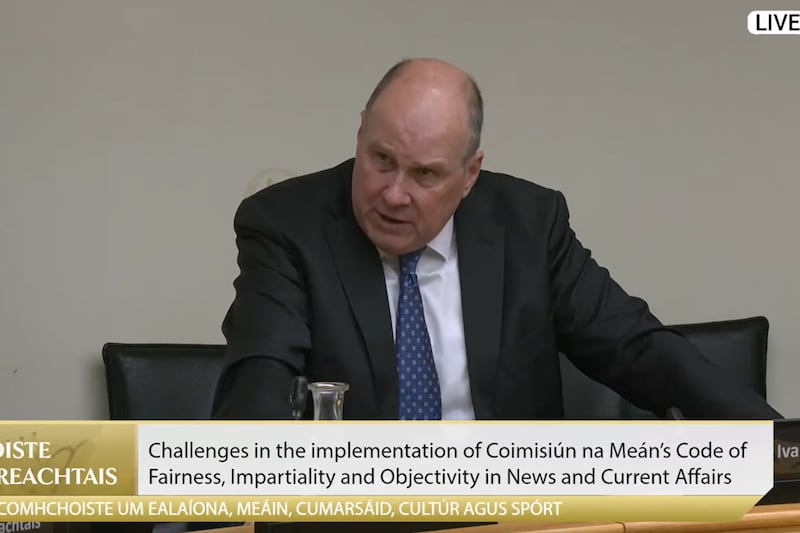There are a disconcerting number of psychological studies showing that humans aren’t very good at making choices. Give us a few options and we can usually reason out which is the best or most desirable. For example, when you go to a friend’s house and they offer you coffee, tea or juice, you know that coffee is your favourite and can declare it without regret.
Go to Starbucks, however, where every option is coffee, but with 87,000 different variants (most of which taste like licking the hand rail at a sugar factory), and the choice becomes harder. Do you want an ennuicino, or an apathiato, or perhaps that hipster staple of complex simplicity, the flat white? Will you have it boneless and hemp-filtered? In a gluten-free cup? Here or to go?
In situations where the possibilities seem limitless, we have a tendency to freeze and make bad decisions or none at all. When I recently asked a four-year-old what he’d like to be when he grew up, he looked into the distance, then responded “an elephant”. Too much possibility confuses us.
Streaming services
For this precise reason, I avoid music streaming services
such as Spotify. When confronted with an endless chasm of choice, I simply get an attack of vertigo, reel over the edge, and fall forever into indecision. The idea of reaching forth into the void and clutching just one thing is overwhelming. Spotify gives limitless access to almost any music you can think of, so I have fastidiously avoided it.
When Apple recently launched Apple Music to rival Spotify by offering three months of free membership, I gave in. Sure, why not?
But infinite choice is the hallmark of my generation, and likely those to follow. The primary feature of generations past was scarcity. People used to be preoccupied by limitation: of food, of information, of everything. If you wanted information, it was a question of finding reading materials to educate yourself. Thomas Jefferson, known as one of history's best-read men, inherited a library of 40 volumes, which was considered impressive for a private library. Now we have information overload, and the challenge is weeding out the chaff. Our minds are constantly assaulted by sinister invaders; the challenge is finding silence in the din.
I relish silence
I value silence. Although I enjoy listening to music when I’m walking, at home I relish silence. Unfortunately, Apple Music has imposed on the silence. Like eating too much because the food is free, it has invaded our house and filled it with noise. I find myself listening to terrible music from the 1990s, the sort of awful stuff you’d never pay for but might indulge in if you’re not paying. It’s the deep-fried food of music: although it’s sometimes satisfying in small doses, it will soften you everywhere if you overindulge.
Kant – one of the sternest and most stalwart philosophers – described our intellects as having boundaries. Anything beyond these boundaries is beyond our understanding. We have a tendency to believe that the way we see the world is the way that it is, but I see no real reason to think that our perspective is necessarily the best or the most true. We are limited beings, and infinity is a concept that we can’t grasp in any pragmatic way. It’s useful to remember that when we are faced with an enormous information machine, such as Apple Music. It’s no coincidence that the Radio feature – whereby a computer algorithm reaches into the void and chooses your music for you – is so popular.
It’s ironic that we have returned to a form of music radio after eschewing it in favour of infinity. Someone needs to make a choice, and in the grip of information overload, a computer is better than nobody.
Apple Music has brought out the worst in me: skipping endlessly through unfinished songs, or listening to terrible music like a secret eater horsing into a bag of doughnuts in a locked public toilet. That’s enough of that.

















